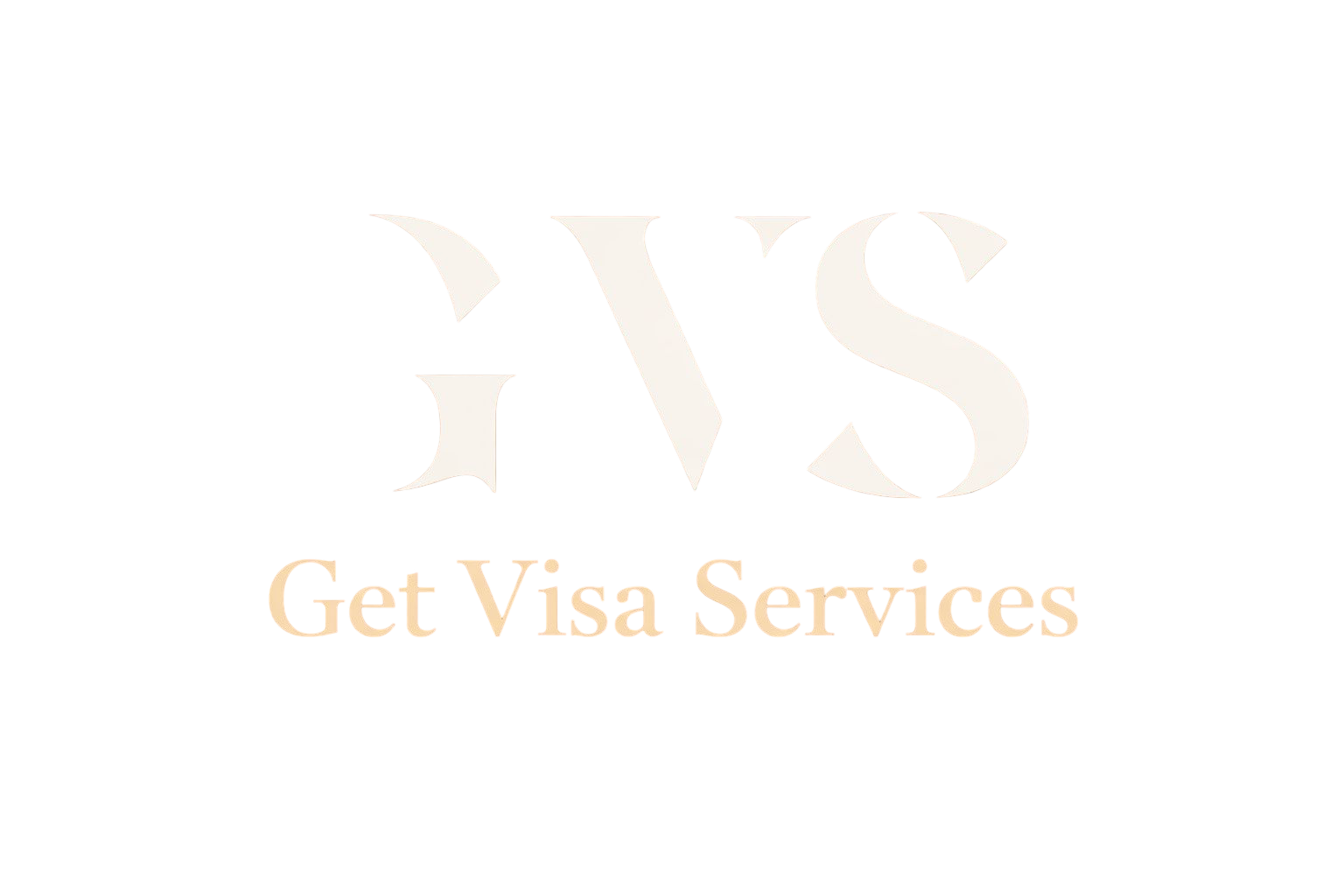
17 Dec E-Visa Denied? Quick Solutions You Need to Know
Applying for an E-Visa makes travel easier and faster, but sometimes applications get rejected instantly — leaving travelers stressed and confused. Don’t worry! An E-Visa denial doesn’t mean the end of your journey. Here’s how to handle the situation and reapply successfully.
Common Reasons Why E-Visa Applications Get Rejected
Incorrect details – Even a small spelling mistake in your passport number, name, or date of birth can trigger rejection.
Poor document uploads – Blurry photos or the wrong file size/format often lead to denial.
Wrong visa type – Applying for a tourist E-Visa instead of a business visa or transit visa can cause issues.
Weak supporting documents – Missing proofs of funds, hotel bookings, or return tickets can weaken your case.
Past travel history issues – Overstays, visa violations, or security concerns may also affect approval.
What to Do After an E-Visa Rejection
Check the rejection reason (if mentioned) – Many portals give a short explanation.
Correct errors before reapplying – Match every detail exactly as in your passport.
Upload proper documents – Use high-quality scans or photos with clear backgrounds.
Strengthen your case – Add additional proofs like travel itinerary, bank statements, or hotel confirmations.
Apply again under the right category – Choose tourist, business, or other relevant E-Visa type correctly.
- Seek expert guidance – A trusted visa agent can help you avoid
common mistakes.
How to Avoid E-Visa Rejections in the Future
- Always double-check personal details before submitting.
- Use a valid passport with at least 6 months’ validity.
- Submit clear and complete documents in the correct format.
- Show strong ties to your home country (job, family, property, etc.).
Never provide false or incomplete information.
Conclusion
An E-Visa rejection can feel discouraging, but with the right steps, you can turn it around. Reapply carefully, fix mistakes, and prepare stronger documentation.



No Comments